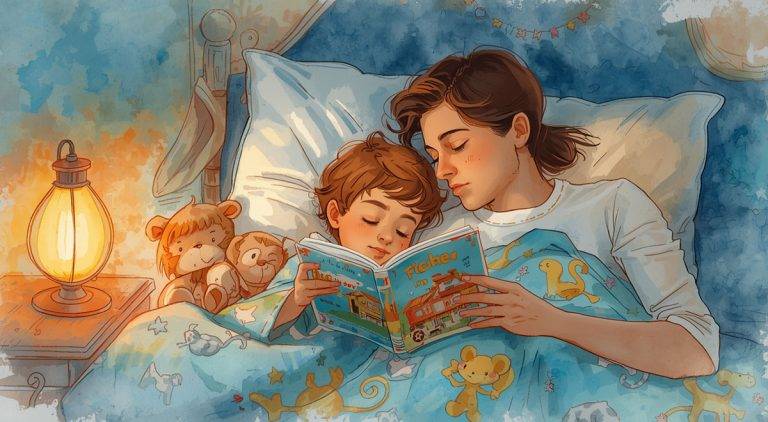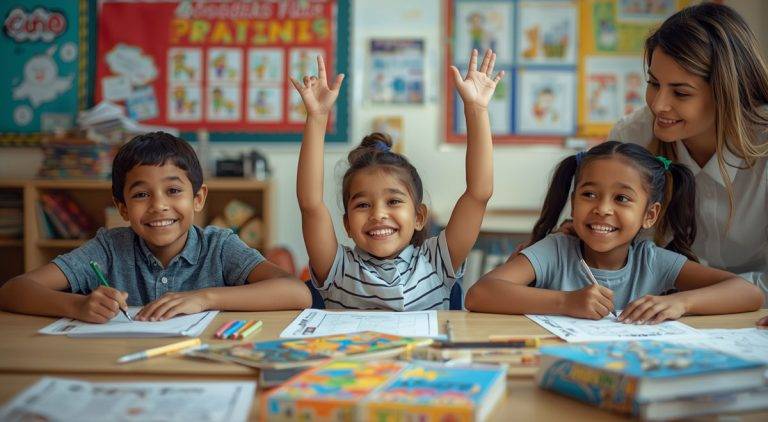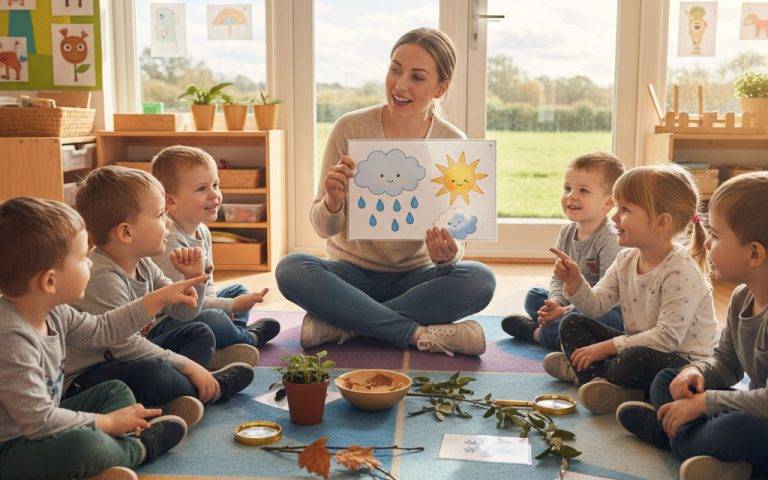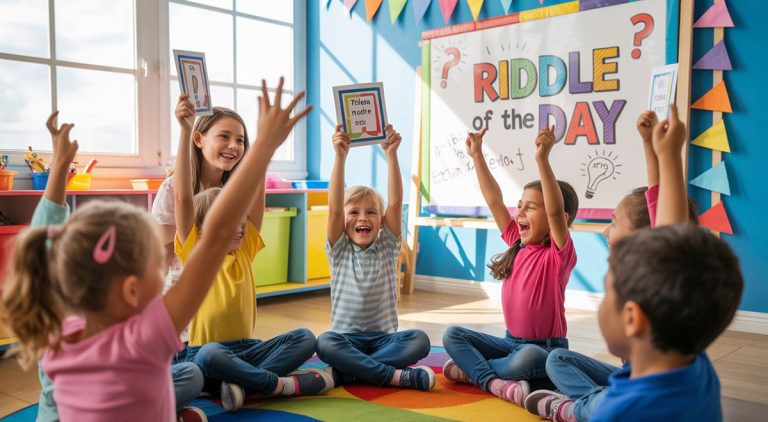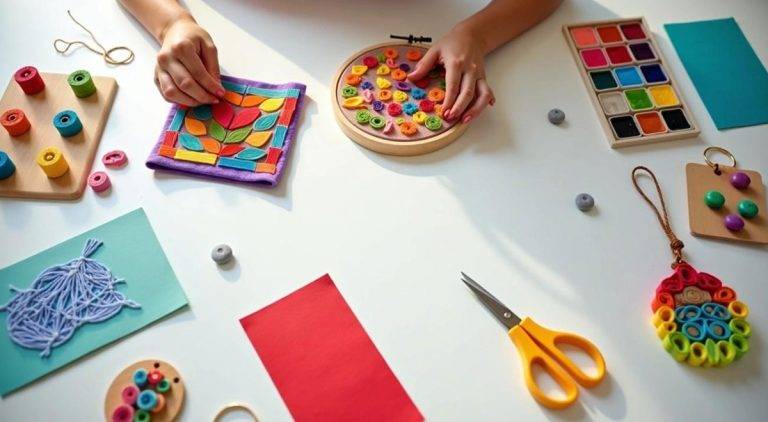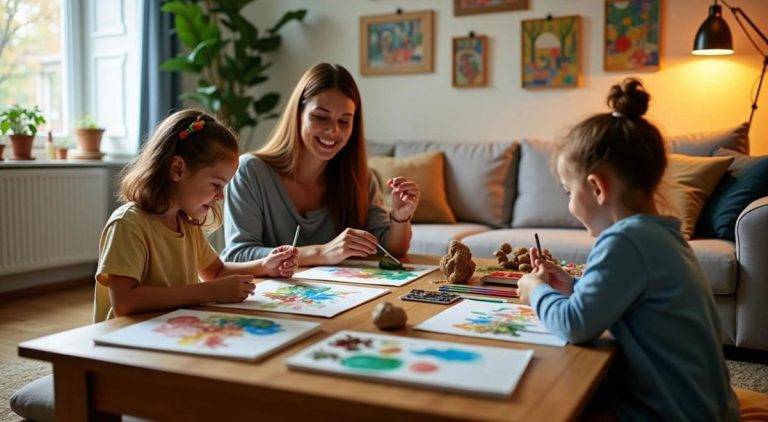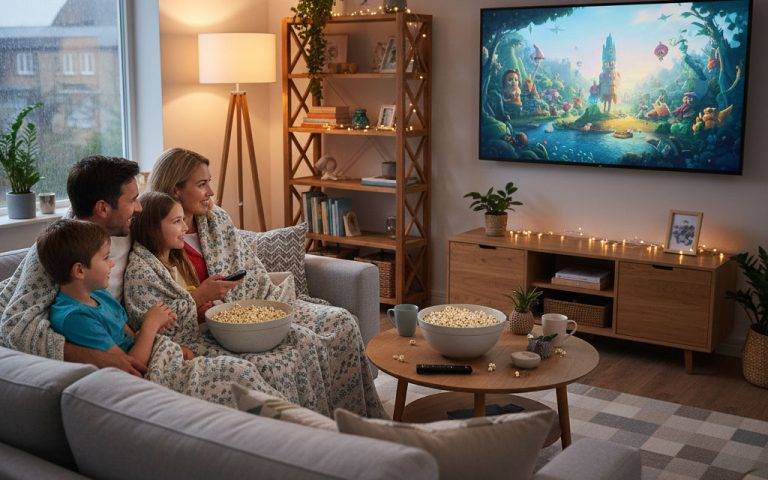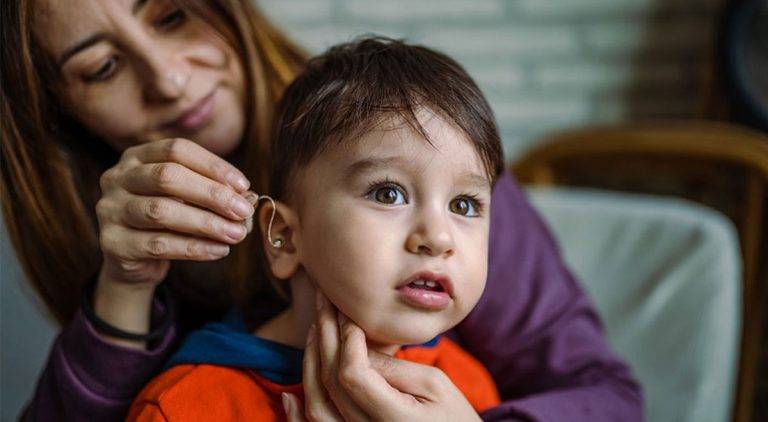How to Make the Perfect Bedtime Story Routine: Calming Stories for Good Sleep
1. Why Bedtime Stories Are Important For generations, parents have read stories to their kids before bed. These times help you move from a busy day to a restful night of sleep. Reading before bed is more important than ever now that there are devices everywhere. Bedtime stories help kids get ready for bed and…

